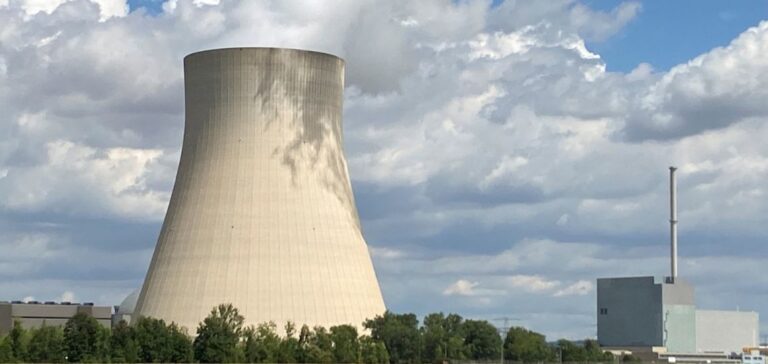Poland begins its R&D cooperation on the basic design of the HTGR research reactor with Japan.
A bilateral cooperation
In Poland, the High Temperature Gas Cooled Reactor (HTGR) technology is the subject of an international collaborative research relationship with Japan. It has the potential to provide new and advanced heat sources for hydrogen production and the chemical and petrochemical industries. HVRMs are expected to replace existing fossil-fueled facilities.
This would lead to the decarbonization of many industrial production processes. In this context, in May 2021, the Polish government decides to move to the next stage of research and development (R&D) of HTGR technologies. The National Center for Nuclear Research (NCBJ) then begins the basic design of the HTGR research reactor.
Japanese aid
NCBJ is requesting cooperation from the Japan Atomic Energy Agency (JAEA) for this project. A cooperative R&D relationship exists with NCBJ in the area of HTGR technologies. Today, JAEA and NCBJ are signing an arrangement to revise the cooperative implementation arrangement.
This one was signed in September 2019. The revision adds the basic design of a research reactor to the existing areas of cooperation. JAEA signed a Memorandum of Cooperation (MOC) the field of HTGR technologies with NCBJ in May 2017.
Political support
This protocol is the result of an action plan for the implementation of the strategic partnership between the Government of Japan and the Government of the Republic of Poland. The agreement was signed by the foreign ministers of Japan and Poland. JAEA and NCBJ are cooperating on HTGR upgrade simulation and human resource development, among other things.
JAEA continues to cooperate with NCBJ on the basic design of the HTGR research reactor. The goal is to further upgrade and standardize Japan’s HTGR technology. This is developed through the construction and operation of the High Temperature Technical Test Reactor (HTTR).






















